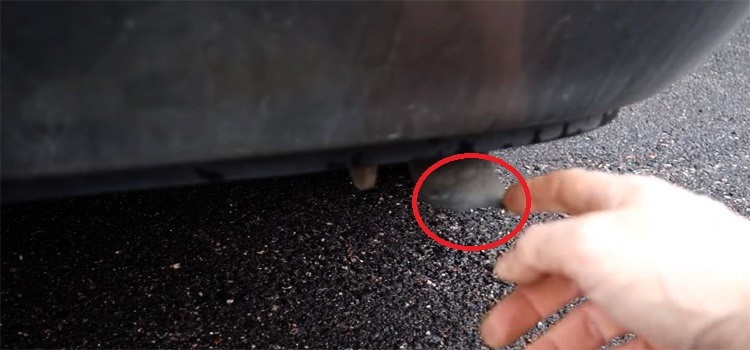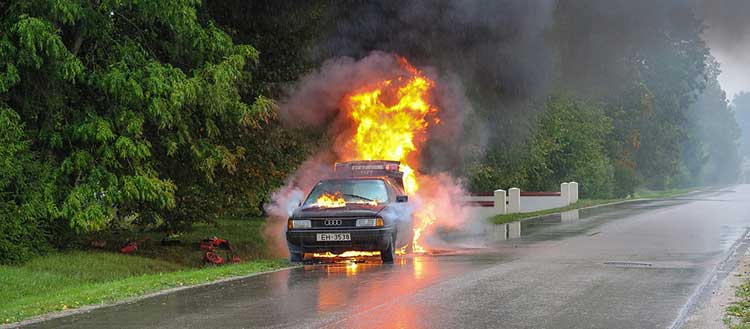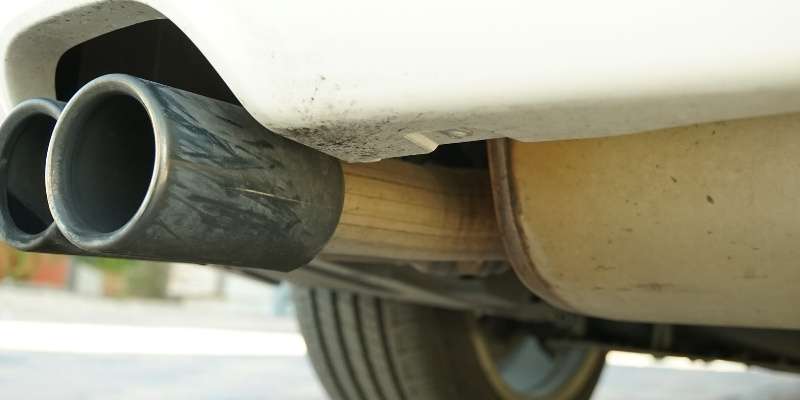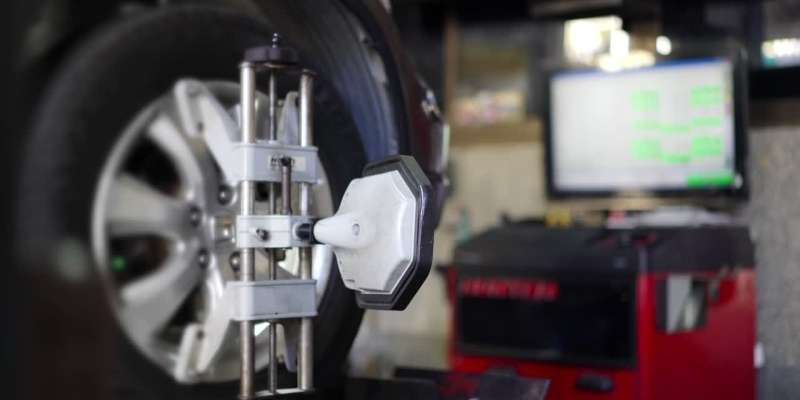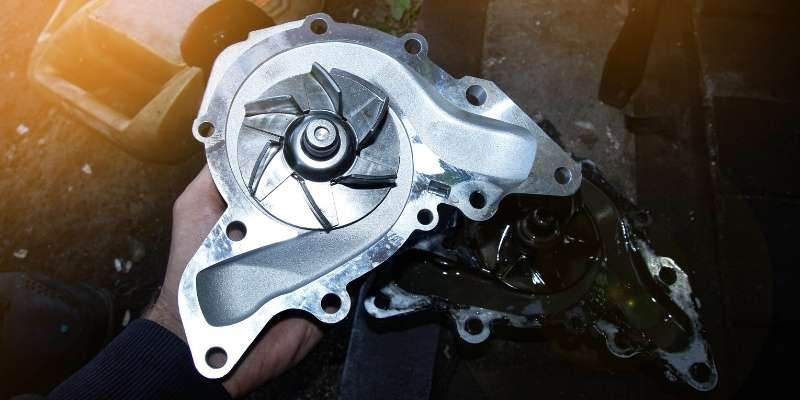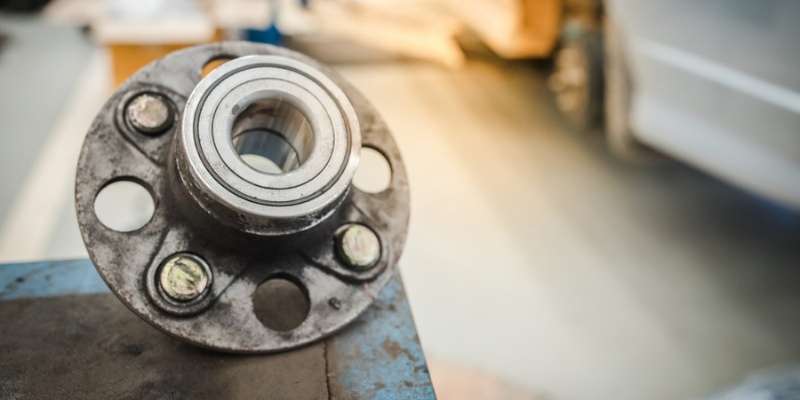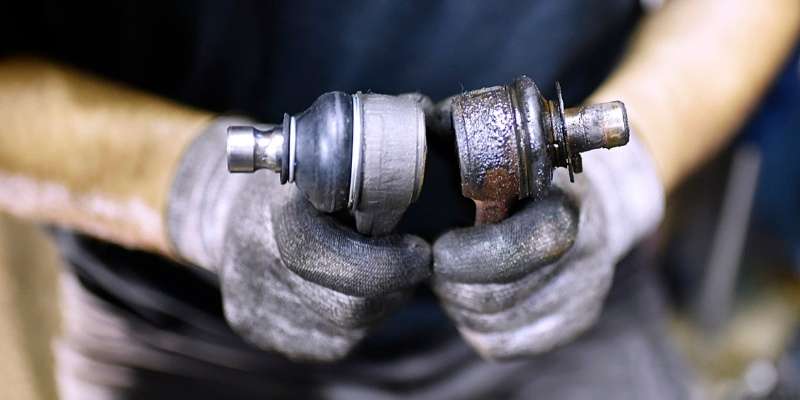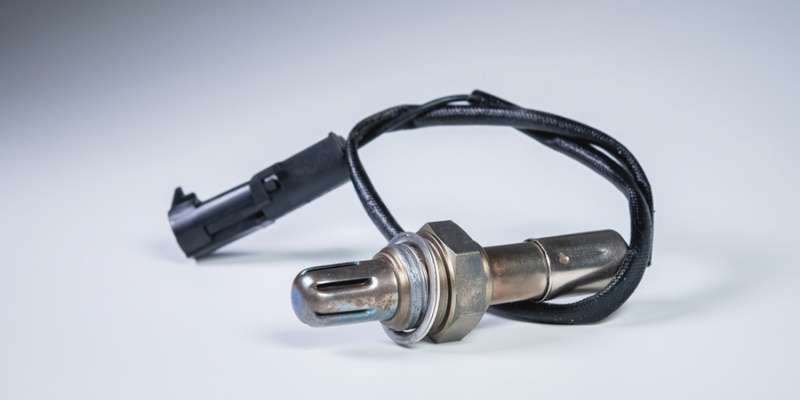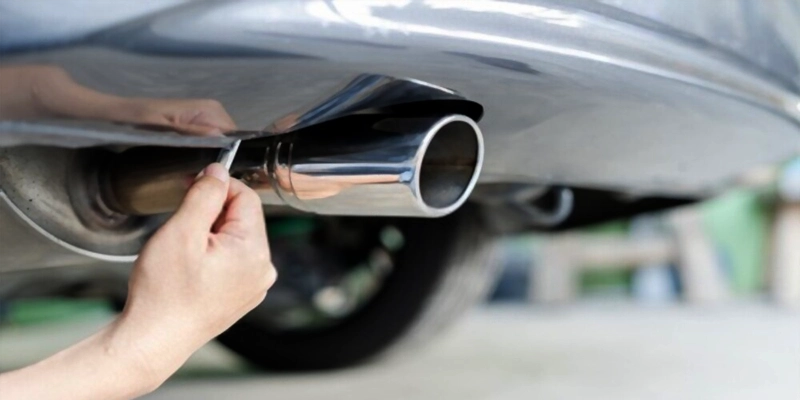See if this happened to you.
You started rolling towards work on a sunny beautiful morning. Once you’ve hit a few miles into the road, out of nowhere, you heard a creaking noise.
With a cracked-up mood, you figured out that your steering wheel creaks!
Then, be it while stationary or at low speed, you heard a creaking noise when turning the steering wheel.
Why does this matter?
Well, this is quite irritating and somewhat embarrassing.
The worst-case scenario: You’ll lose control and crash into another car.
This noise can happen because of worn shocks, worn ball joints, and some other reasons.
Here you’ll get an insight into how to-
- Detect the reason
- Solve the problem
- Prevent the reason or at least delay it
So, without any delay let’s steer right into the details-
Detecting the Reason
You can assume the reason for the steering creaking noise, based on speed and stationary detection method.
Speed Detection: Low speed
If your car makes noise when turning at slow speeds, then two things can happen-
- The power steering system has problems: This applies only if your car has a hydraulic power steering system. So, check if there are any leaks or pump problems.
- The suspension has problems: If you have a high mileage then this is the first place to look into. Because of a worn-out suspension joint, the suspension components start scraping the connecting point.
Speed Detection: High Speed
Although there aren’t many reports of creaking noise at high speeds, your car makes humming noise also. There is a chance that you might hear some noise at high speeds.
If you hear creaking, clicking or crunching noise, then you should check your CV joints. A bad coupling will cause your car to make noises while having a tight turn.
Speed Detection: Normal Speed
The power steering system causes noise at this speed. If you hear any car whining, car screeching or creaking noise at normal speed then you should check-
- Power steering pump belt
- Tie rod end
- Hoses between the pump and gear
As a warning sign to these, the steering wheel will make noise.
Stationary Detection Method
Here you’ll try to recreate the noise when the car is parked. So here is a step-by-step method:
- Check for front suspension creaking noise. Pull on or push on the wheels. See if there’s any creaking. If yes, then check the suspensions.
- If no then, jack it up and put jack stands below it.
- Crawl under the front and check the tie rods. Push and pull those tie rods, a-arms, etc. Check anything and everything. Leave no stone unturned.
- You’ll find something that creaks. See if you can fix it or not.
- If it’s complicated, take it to your mechanic.
Caution: If you’re not familiar with jack stands then it’s better if you don’t do it. Don’t crawl under the car if you can’t secure the jack stands. You might get crushed within milliseconds.
Solving and Preventing the Creaking
In this part, we’ll explore the reasons by going in-depth and we’ll provide solutions with prevention methods.
Worn-out Shocks or Struts
You most probably have gas-filled shocks or struts. Take a good look at your shocks. See if those are blown.
Another way to notice is, when your car goes through bumps and turns, your car will feel very loose.
Solution: If those are blown then there’s no other way than replacement.
Prevention: This depends on mileage. So, there’s no way to prevent this. However, changing damaged shocks can prevent more risky problems.
Suspension Bushings are Dried
When a car creaks when turning and going over bumps then it must be suspension bushings. These bushings are prone to wearing just like other parts of the car. Ultimately, these crack up.
Solution: See if lubing solves the problem. If not, then you must replace these bushings before things get worse. Polyurethane bushings should never be lubed with petroleum-based grease. If you have Polyurethane bushings, then use silicone-based synthetic waterproof grease.
Prevention: Lube the bushings on a periodic basis.
Worn out or Bad Ball Joints
Bad Ball joints connect the wheel hub to the rest of the suspension components.
So, a worn-out ball joint has all the reasons to make a creaking sound when turning or moving your steering wheel.
Solution: See if lubing solves the problem. If not, then change the ball joints.
Prevention: Grease the ball joints as soon as they wear out.
Damaged Tie Rod Ends
Tie rods are the connection between the steering and wheels. They help move the wheels when you steer.
The car makes creaking noise when turning if the tie rod end gets damaged. This is also called a bad tie rod noise. If it goes bad, then you won’t be able to steer your car properly.
Solution: If your tie rod ends get damaged, then replace those. But expert advice is to change the tie rod ends on both wheels.
Prevention: Keep your tie rod ends lubricated on a regular basis.
Damaged Power Steering Components
As we’ve told you before. Power steering components can create noise at low speeds.
Sometimes, you’ll hear noise when turning the steering wheel while stationary. This too happens because of a power steering functionality problem.
Solution: If you have a hydraulic PS then check for damages. Fix the leak or change the pump or belt. If you have Electronic PS, then take it to a mechanic and fix it.
Prevention: Keep the power steering system checked on a regular basis.
Conclusion
There are some quick fixes to steering wheel creaks. But there are two things that we recommend you not to use quick fixes. Those are:
- Brakes and
- Steering systems.
If anything happens with these two things, then severe accidents might occur. There is a high probability that you’ll come up with snake eyes.
So, don’t get lured by the quick fixes. Change the parts or fix those as recommended. It’ll cost you some money but will save up your life.
Follow the recommended prevention methods to keep your car away from steering wheel creaking noises.
Drive safely and good luck.
 Skip to content
Skip to content
